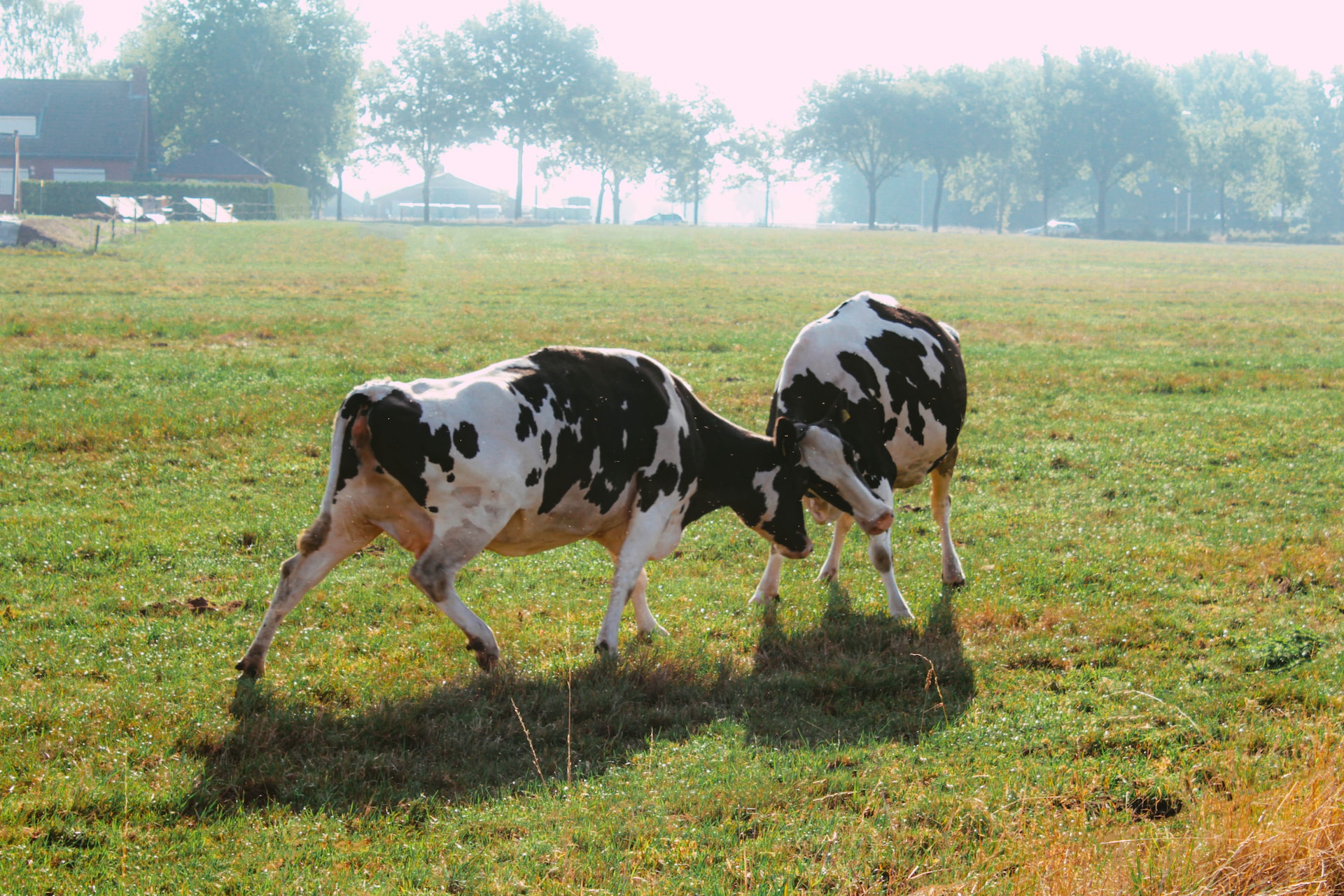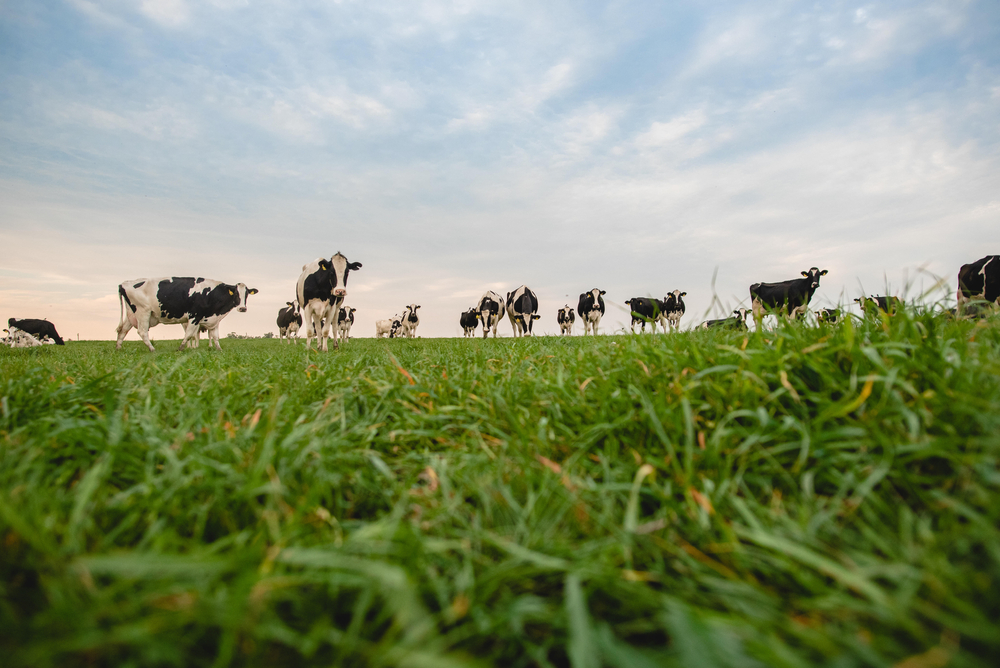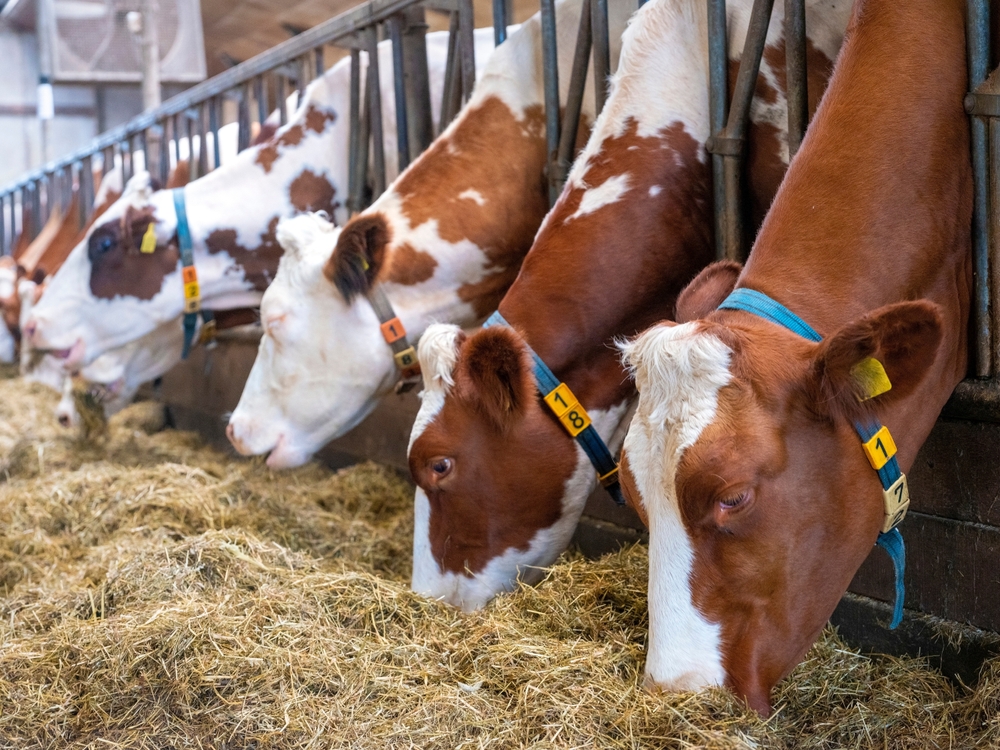An Agriculture Agreement is no longer to be expected after the LTO recused itself from the negotiating table. Nehinmd the scenes, Wageningen agronomist Roel Jongeneel closely followed the negotiations, which almost culminated in an agreement. ‘A pity that it was not achievable’, he says.
Jongeneel is involved in the Agriculture agreement in several ways. With nine other agro-experts from other universities, he is part of a so-called Reflection table, which provides scientific substantiation and reflection on the Agriculture Agreement. He also conducted research on the economic perspective of various mindsets within the agreement. He was also part of the appreciation effort commissioned from WUR, which is a substantiated estimate of the draft agreement. An estimate because the urgency of the matter made diligent calculations impossible.
Jongeneel is disappointed at the negotiations having failed. ‘Although it was clear from the onset that it would be an almost impossible task’, he says. The difficulties result in part from the fact that the stakes are extremely high, particularly for the agricultural sector. On the other hand, administrative ambiguities have played a part, he expects. He cites two examples: ‘Minister Adema conducted the talks, while Minister Van der Wal is responsible for the funds. Another factor that caused confusion is the fact that The Hague is negotiating an Agriculture Agreement while the provinces are busy detailing the National Rural Regions Programme, which pertains to the same issue.’
The economist believes that the EU policies were also a factor that weighed in in the background. ‘Issues such as the retracted derogation (a more lenient standard for the use of animal manure, ed.) and the potential impact of the new Nature Recovery Law on the farmlands added to the pressure on the LTO’s negotiating position. The constituents were on edge.’
Door ajar
What will happen now is anyone’s guess, including Jongeneel. Will the parties continue their negotiations in a different form, or has that ship sailed? Jongeneel: ‘I don’t feel that the LTO has closed the door completely.’ Or will the government take measures, and if so, will these measures be in keeping with the results of the negotiations?
There is a chance that the follow-up trajectory will include ideas from Wageningen. Jongeneel and Wim de Vries, Martin van Ittersum and Gerard Ros recently wrote an essay about a series of region and business-driven solutions that would provide the Dutch agricultural sector with a new future perspective. ‘The minister and the agricultural organisations have informed us that they have read the essay and that it provides interesting leads’, says Jongeneel.
Even though an Agriculture Agreement has not been reached, Jongeneel is still optimistic about the process of these last few months. ‘The parties have succeeded in breaking free from the immense polarisation. I think this has yielded much, including a better sense on both sides about the bottlenecks and possible solutions. In my opinion, the parties would do well to include those issues on which an agreement has been reached, such as commitment to a sustainability standard and taking good care of the soil, in a follow-up trajectory, whatever that may be.’

 Den Haag and the farming sector are no longer diametrically opposed as before, says Roel Jongeneel. Photo Thomas Konings / Unsplash
Den Haag and the farming sector are no longer diametrically opposed as before, says Roel Jongeneel. Photo Thomas Konings / Unsplash 

